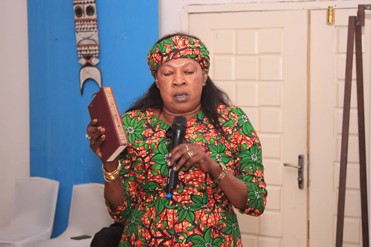
Njie’s testimony paints a troubling picture of a lack of operational funding, inadequate support, and the Mayoress undermining her role during her time with the women’s empowerment body.
Njie, who served as National Coordinator of Refela until her resignation in December 2024, shared her account in a written statement dated December 19, 2024, which was admitted into evidence. She revealed that despite being given the title of National Coordinator, her position held little real power. "It was just by name," Njie said, expressing frustration at the lack of authority and resources provided to her to fulfill the mission of empowering women in The Gambia.
Refela, a network established to empower women politically and economically, was designed to have coordinators across the country's regions. However, according to Njie, this vision was never realised due to a severe lack of operational funding. While Refela did receive project-based funding from organizations such as the United Nations Development Programme (UNDP) and other donors the Mayor personally lobbied, there was no funding allocated for operational costs. This left the organization and its staff struggling to perform their duties effectively.
Njie’s testimony also revealed troubling financial discrepancies, highlighting that Refela staff received a one-time payment of D300,000 from the Banjul City Council to cover allowances for a six-month period in 2024. Prior to that, allowances were paid directly by the City Council, with no clear or consistent funding model in place for Refela’s staff.
She said her resignation from Refela wasn’t just about the lack of resources but also about her feelings of being undermined in her role. “I worked tirelessly, including weekends, and yet I was not empowered,” Njie testified. "When you are empowering women with one hand and killing them with the other, what does that look like?”





